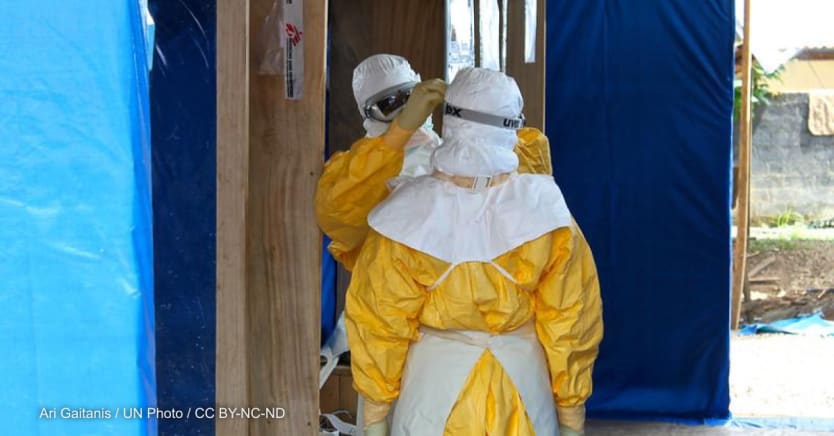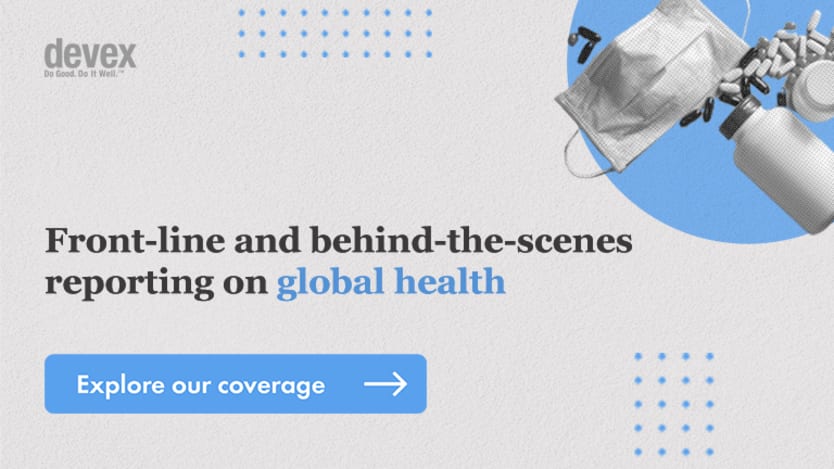
The World Health Organization on Tuesday walked back its declaration of an Ebola outbreak in Côte d'Ivoire after an additional laboratory examined the patient’s samples and found no evidence of the virus.
An outbreak was declared in mid-August after a young woman who traveled from Guinea to Côte d'Ivoire fell ill and the Institut Pasteur de Côte d'Ivoire said she tested positive for Ebola. Health authorities in the region quickly shifted into response mode, scrambling to find and vaccinate the 140 people she had been in contact with in both Côte d'Ivoire and Guinea — who were geographically dispersed since she had traveled to Côte d'Ivoire by bus. It would have been the first case in the country in more than 25 years.
But the Institut Pasteur in Lyon, France, took a second look at the samples and found she tested negative for Ebola. The assessment performed at the Lyon laboratory, which focuses its work on viral hemorrhagic fevers, was more comprehensive and included diagnostic and serological testing. “Further analysis on the cause of her illness is ongoing,” according to WHO.
Sign up for Devex CheckUp
The must-read weekly newsletter for exclusive global health news and insider insights.
No regrets: Guinea declared an end to a four-month-long Ebola outbreak in June. After the supposed case in Côte d'Ivoire was announced in mid-August, 5,000 vaccines were transferred from Guinea to Côte d'Ivoire for use by health workers, first responders, and those who had been in contact with the woman. WHO also released $500,000 from its Contingency Fund for Emergencies.
The agency calls this its “no-regrets” policy, in which it launches into response mode “before all the dimensions and consequences of an emergency or outbreak are known with the aim of saving as many lives as possible.”
Ebola-free but on alert: Following this false alarm, the African continent is now once again considered Ebola-free. But the West Africa region is still on alert and in readiness mode, as the virus can persist in survivors through bodily fluids, which can spark new outbreaks. Côte d'Ivoire is one of six countries that WHO worked with recently to enhance Ebola preparedness.
Update, Sept. 1, 2021: This article has been updated with additional information on the types of tests performed at the laboratory in Lyon.

